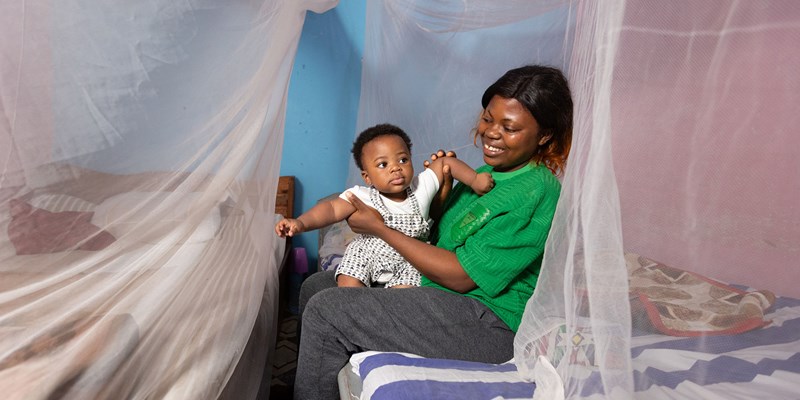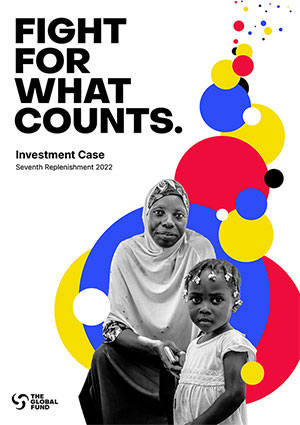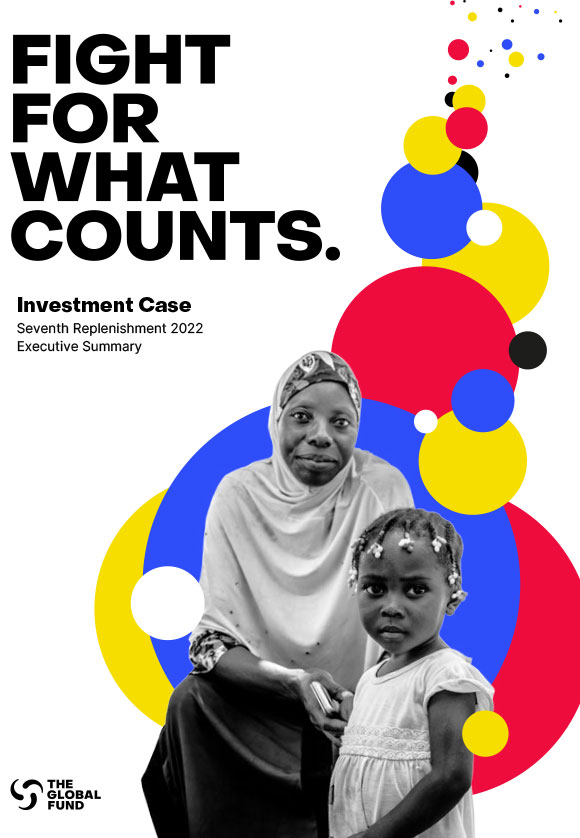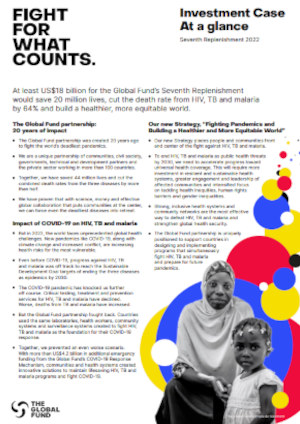Global Fund Supports Health Investment in Botswana
03 February 2016
GABORONE, Botswana - Two new grants signed today between the Global Fund and Botswana mark a new phase of partnership, with a focus on preventing, treating and caring for people affected by HIV and tuberculosis.
The financial resources provided through the Global Fund come from many sources and partners, represented today at a signing event by the United States, the United Kingdom, Japan, the European Union, Germany and France. The grants signed today total US$27 million.
"The overall goals of the grants are to achieve zero local malaria transmission or the elimination of malaria, to prevent new HIV infections, reduce morbidity and mortality as well as to enhance the psychosocial and economic impact associated with TB," said Botswana's Minister Of Health, Dorcas Makgato
"We are very excited to have the Global Fund once again in Botswana, and particularly ecstatic that a non-state actor will work with local NGOs to advance the national interests of HIV prevention, care and support for our fellow citizens," said Bagaisi Mabilo, Executive Director Botswana Council of NGOs. "We commend the CCM for its hard work of ensuring that the response to HIV in Botswana continues to be multi-sectoral and taps on the expertise of the NGOs."
Botswana faces high rates of HIV and TB. The HIV prevalence rate is 18.5 percent, one of the highest in the world. It also has one of the highest TB prevalence rates globally. The two diseases are highly interlinked - 60 percent of people with TB in Botswana also have HIV.
Through strong domestic investments in health, Botswana has become a global leader in the breadth and sophistication of its HIV and TB responses. Yet funding gaps still exist, and a focus on HIV-TB co-infection is critically important.
Strengthening community systems is also critically important in the efforts against HIV and TB, to reach key populations and to strive to leave no one behind.
"We are tremendously inspired by Botswana's outstanding investment in the health of its people," said Mark Edington, Head of Grant Management of the Global Fund. "The Global Fund is honored to be a partner in this effort."
The grants signed today will be managed and implemented by the Ministry of Health of Botswana and the African Comprehensive HIV/AIDS Partnership (ACAHP), a civil society organization. The support will go to prevent and treat HIV and tuberculosis. It will aim to have all TB patients tested for HIV. The funding will also be used to provide HIV treatment to patients co-infected with HIV and TB. Additionally, the funds will strengthen the procurement and supply management capacity at national and sub-national levels, reinforcing national health information systems.
Development partners in Botswana welcomed the new grants saying they will play a crucial role in the fight against epidemics.
"I congratulate the CCM members, the Global Fund and the government of Botswana for their commitment to fighting HIV, TB and Malaria, said Anne De La Blache, the Ambassador of France to Botswana. "As a leading contributor to the Global Fund since 2002, France herself remains fully committed to eradicating these three terrible diseases."
"To achieve zero new local malaria cases, and to intensify the response to HIV and tuberculosis, I believe it is important for Botswana to take full advantage of this grant by the Global Fund," said Masahiro Onishi, the Ambassador of Japan to Botswana. "At the G8 Summit in Kyushu-Okinawa in 2000, Japan's leadership in global health was fundamental to the creation of the Global Fund. Through this partnership, we will continue to cooperate with Botswana and other countries to fight these diseases."
"Today is a proud day for Botswana in its ongoing response to the HIV and TB epidemics, and we are honored to play a role, said Earl R. Miller, the Ambassador of the U.S. to Botswana. " We appreciate that the Global Fund model represents a country-owned approach, which fits well with PEPFAR's goal of supporting increased country ownership of national HIV programs. This goal is critical to the long-term sustainability of AIDS responses."







